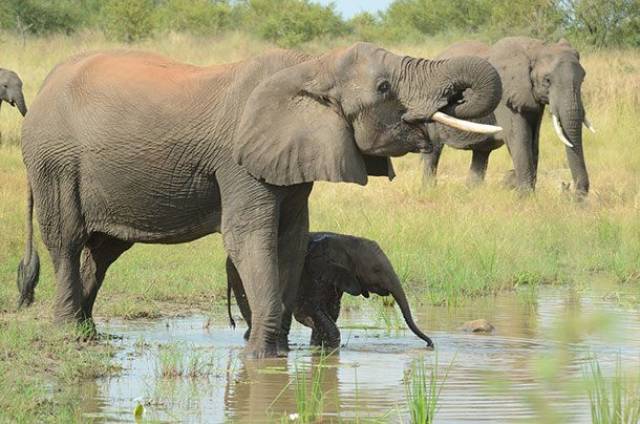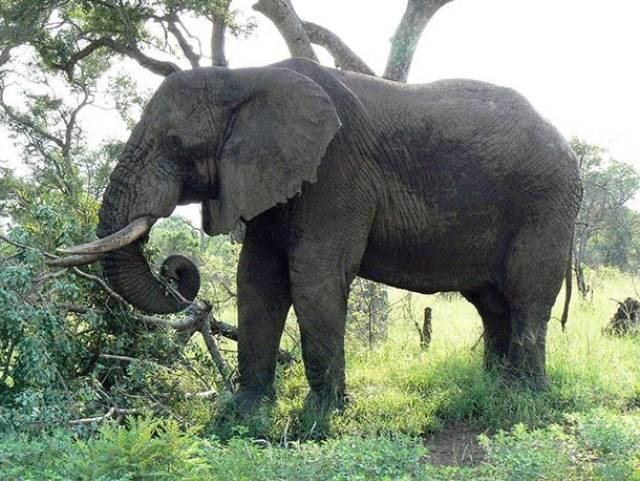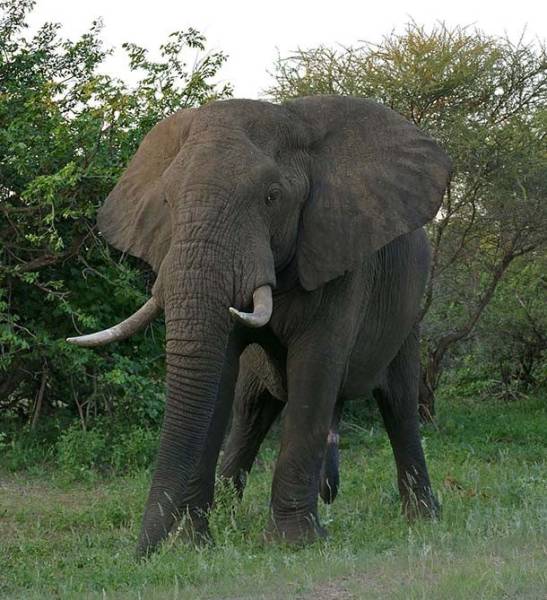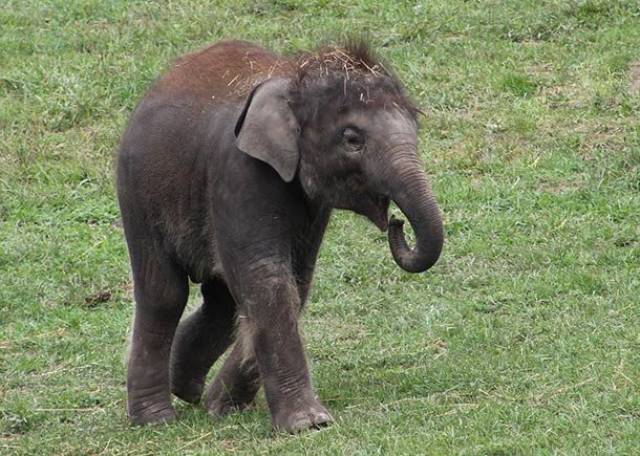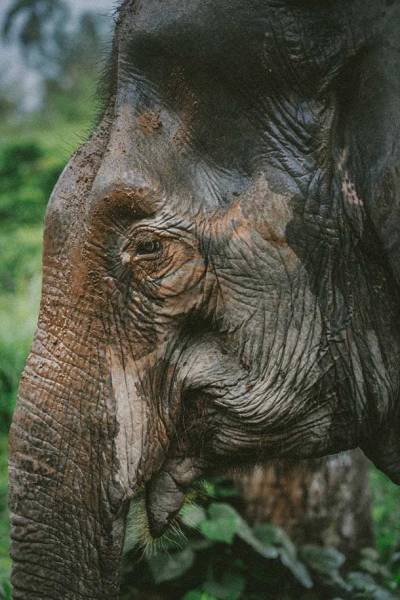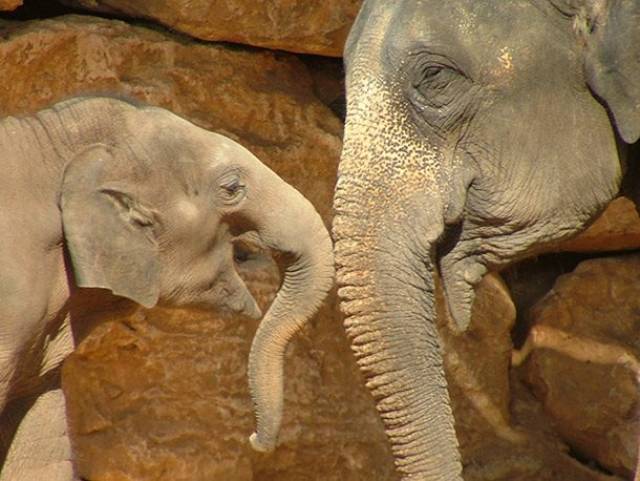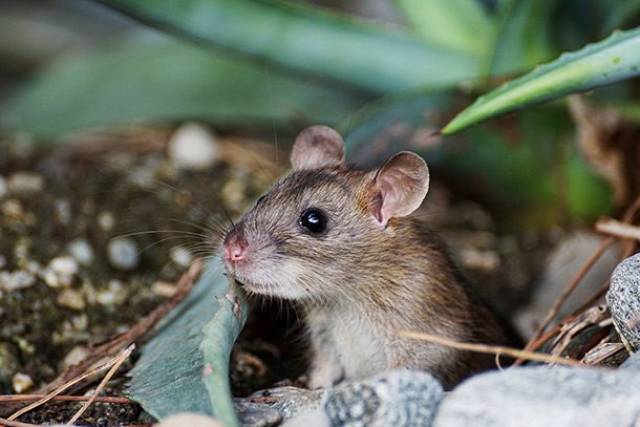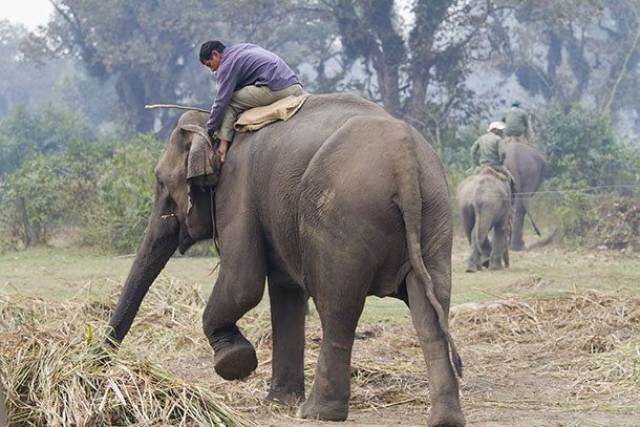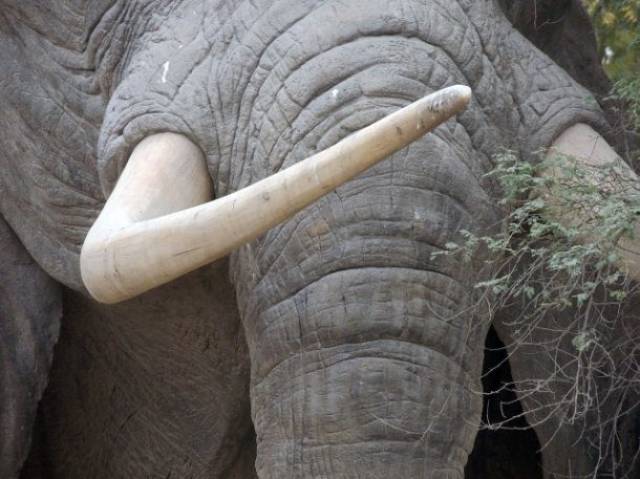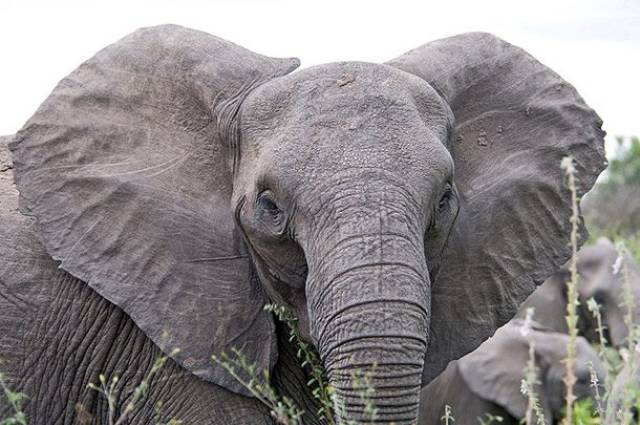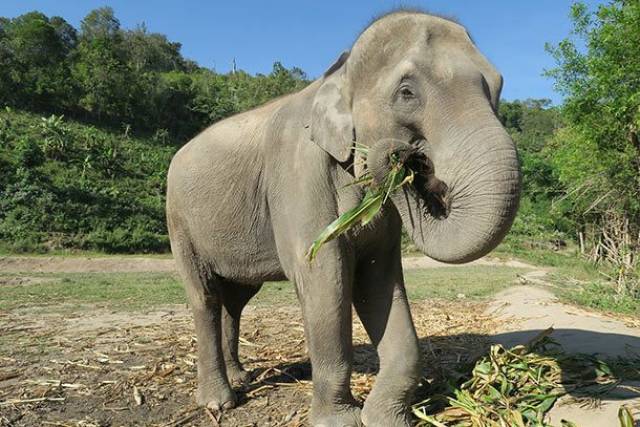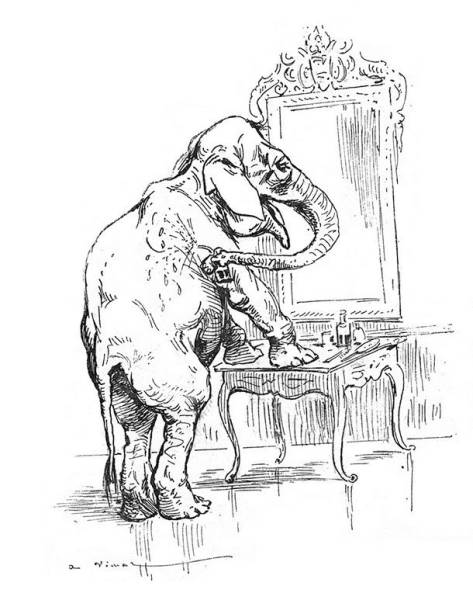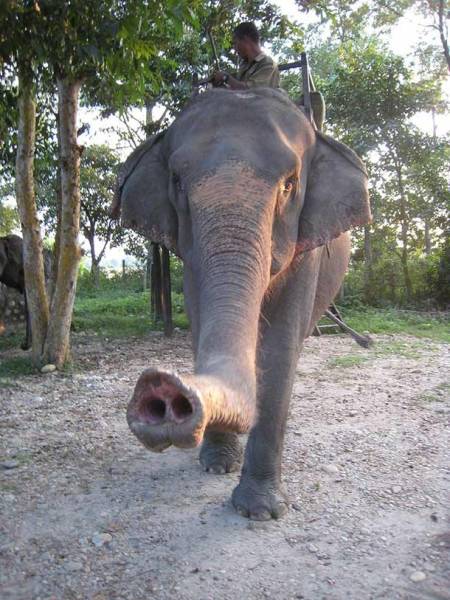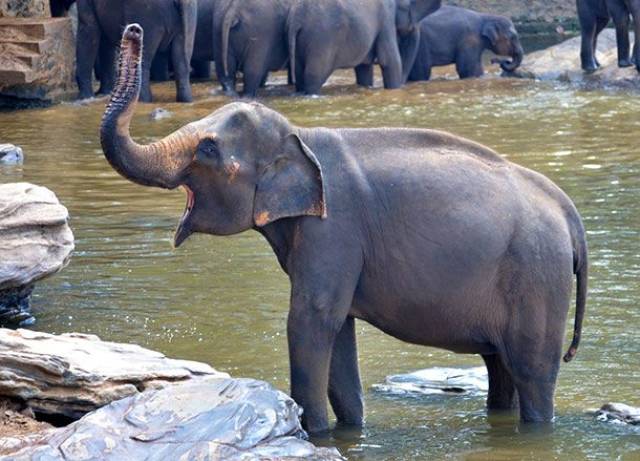Elephants love water. They like to dive into the water, swim, and find great fun in fighting the waves. The water's buoyancy also gives their joints a break.
Female elephants can have babies until they are about 50 years old. They tend to have a new baby every 2 to 4 years. They usually have one baby and twins are very rare.
Stories of African elephants getting drunk from the fermented Marula fruit are not true. They don’t eat the fruit off the ground where it ferments, and even if they did, it would take about 1,400 pieces to get one elephant drunk.
Although their trunk is huge, weighing about 400 pounds, its rather dexterous and can pick up tiny things, including a single grain of rice.
An elephant’s skin is so sensitive that they can feel a fly landing on it.
Despite their heavy weight, newborn elephants can stand up shortly after they're born.
Since ancient times, elephants have been used as working animals for various tasks, including taking them into war. Historically, bulls are difficult and dangerous to work with and have often been chained and sometimes abused.
The attribute of elephants for having excellent memory may have basis in fact. They possibly have cognitive maps allowing them to remember large-scale spaces over long periods of time.
The average life span for an elephant in the wild is about 50 to 70 years. The oldest elephant ever was Lin Wang, an Asian elephant, who died on February 2003 at the age of 86.
Elephants produce several types of sounds. Perhaps the most well known is the trumpet which is made during excitement, distress, or aggression. They can hear one another's trumpeting up to 6 miles.
Touching is an important form of communication among elephants. Individuals greet each other by stroking or wrapping their trunks. Older elephants also use trunk-slaps, kicks, and shoves to discipline younger ones.
Elephants are capable of human-like emotions, like feeling loss, grieving, and even crying. They remember and mourn their loved ones many years after their death. When the "Elephant Whisperer" Lawrence Anthony died, a herd of elephants arrived at his house to mourn him.
The closest living relatives to elephants are small, thickset, herbivorous mammals often mistaken for rodents called hyraxes.
Elephants are not scared of mice as some myths suggest. However, they are scared of ants and bees. Consequently, farmers in some African countries protect their fields from elephants by lining the borders with beehives.
Elephants can move forward and backward, but cannot trot, jump, or gallop. They are so heavy that they cannot lift all four legs off the ground at the same time.
Much like humans are typically left or right-handed, elephants are also left or right-tusked. For instance, if an elephant is a "lefty," it will favor the use of that tusk for things like fighting, picking things up, or stripping trees. The favored tusk even gets shorter over time due to this constant usage.
Elephants can detect seismic signals with sensory cells in their feet. They can also “hear” these deep-pitched sounds when ground vibrations travel from the animal’s front feet, up its leg and shoulder bones, and into its middle ear.
Elephants use mud as a sunscreen, protecting their skin from ultraviolet light. Although tough, their skin is very sensitive. Without the regular mud baths to protect it from burning, insect bites, and moisture loss, their skin suffers serious damage.
Elephants are avid eaters. They can feed for up to 16 hours daily and consume up to 600 pounds of food.
Like human toddlers, great apes, magpies, and dolphins, elephants have passed the mirror test — they recognize themselves in a mirror.
Unlike most mammals, which grow baby teeth and then replace them with a single permanent set of adult teeth, elephants are polyphyodonts that have cycles of tooth rotation throughout their lives.
The trunk of an elephant has more than 40,000 muscles in it.
The largest elephant on record weighed 26,000 pounds (11793.402 kg) and was 13 feet high (3.9624 m).
Female elephants undergo the longest gestation period of all mammals - they are pregnant for 22 months.


